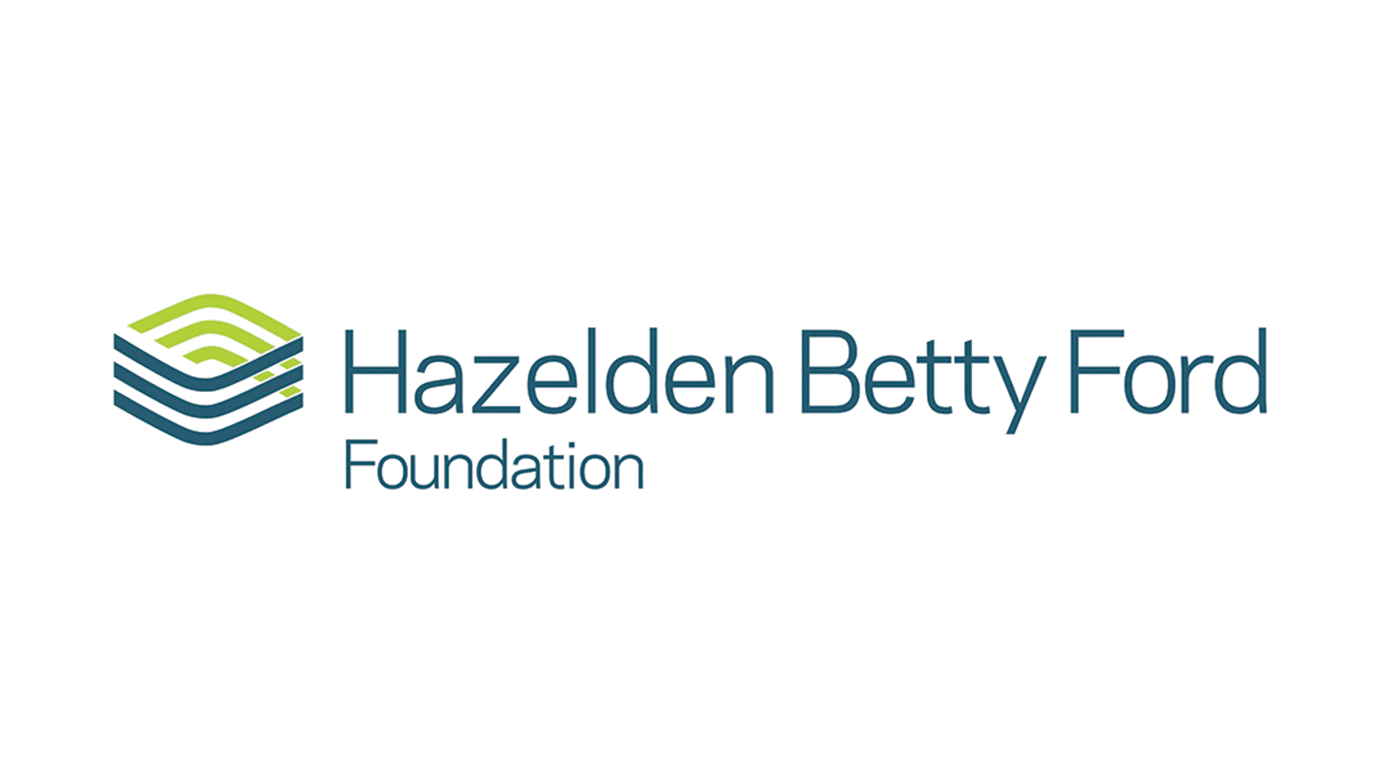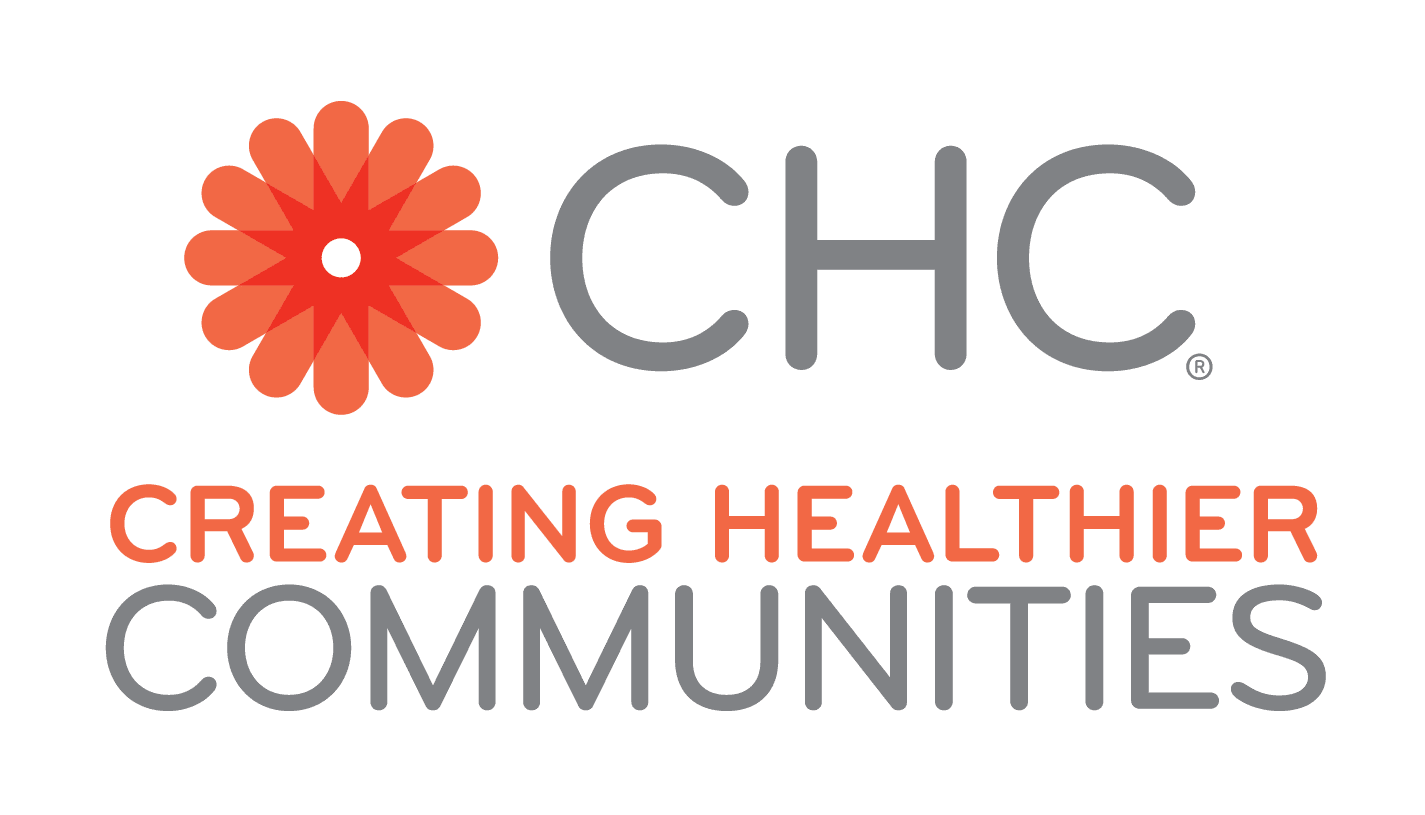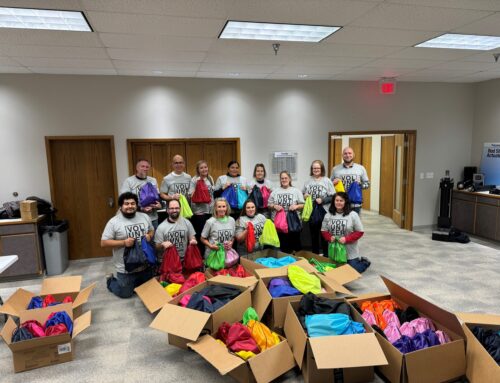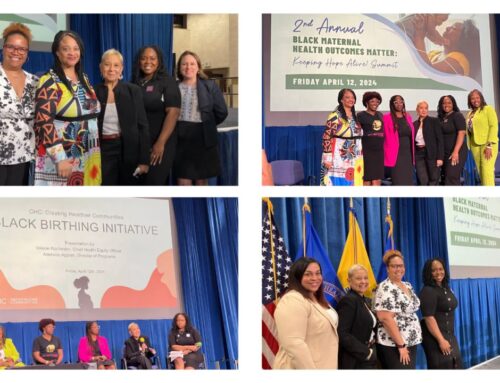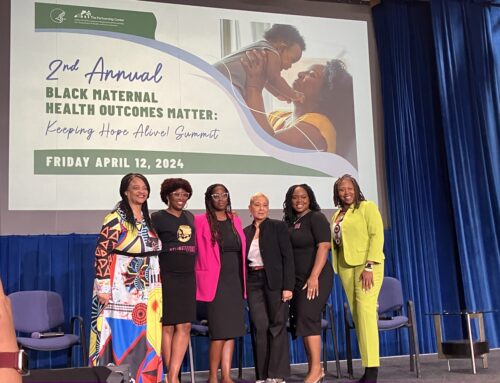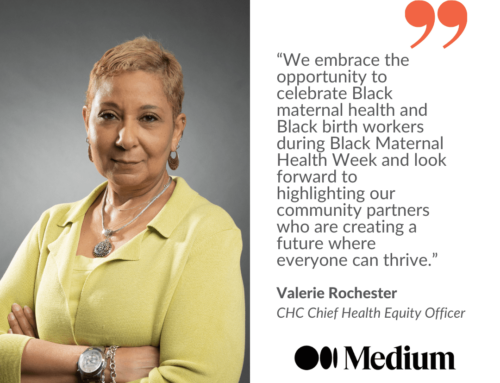“Addiction is an equal opportunity disease,” Hazelden Betty Ford’s Matt Coleman on equity, partnership and healing
An interview with Matt Coleman from Hazelden Betty Ford by CHC’s Shelby LaTona, Manager, Nonprofit Partnerships
For more than 65 years, CHC has worked together with partners to address the barriers to good health and equity and create resilient communities where everyone can thrive. In 2015, Hazelden Betty Ford first partnered with CHC to achieve its mission and address substance use and mental health throughout the country. Hazelden Betty Ford participates in workplace giving campaigns in addition to health equity programming, like the Substance Use Disorder Convening, with CHC. CHC’s Shelby LaTona recently sat down with Matt Coleman from Hazelden Betty Ford to learn more about the work they do.
Share some background on your organization (historical information, mission, etc)
Harnessing science, love and the wisdom of lived experience, the Hazelden Betty Ford Foundation is a force of healing and hope for individuals, families and communities affected by substance use and mental health conditions. As the nation’s foremost nonprofit provider of comprehensive behavioral health care, Hazelden Betty Ford leads the way in helping society rise above stigma and overcome addiction. Through charitable support and a commitment to innovation, the Foundation is able to continually enhance care, research, programs and services, and help more people.
With a legacy that began in 1949 and includes the 1982 founding of the Betty Ford Center, the Foundation today is committed to diversity, equity and inclusion in its services and throughout the organization, which also encompasses a graduate school of addiction studies, a publishing division, an addiction research center, recovery advocacy and thought leadership, professional and medical education programs, school-based prevention resources and a specialized program for children who grow up in families with addiction.
If you were to brag about your organization, what is the first thing that comes to mind?
Our history: for nearly 75 years the experts at Hazelden Betty Ford have delivered the recovery field’s most trusted and comprehensive care for individuals, families, and communities. Empathy, evidence-based practices and patient-centered care are at the heart of our treatment approach, helping the people we serve achieve long-term recovery and well-being.
How does your organization support the communities it serves? Where is your greatest impact?
Hazelden Betty Ford has locations in every region of the country and also provides addiction treatment and mental health services via telehealth in all 50 states. This dual offering enables us to reach the greatest number of people in need, including historically underserved and culturally diverse communities that would not otherwise be reached. Last year the Hazelden Betty Ford Foundation’s programs served over 22,000 people from all 50 states and around the world.
How do you engage volunteers in mission delivery?
Hazelden Betty Ford has many volunteer opportunities including becoming a recovery advocate, helping to educate the public and policymakers about substance use disorders and recovery. We also have speaking opportunities for people in recovery to share their experience, strength and hope at events, meetings, and webinars as well as opportunities for alumni to become recovery contacts, offering support for those in their home communities.
What steps is your organization taking to address health equity and access to care in the communities you serve?
Addiction is an equal opportunity disease. It reaches across age, race, gender, and socioeconomic status. Hazelden Betty Ford is committed to ensuring access to treatment, opportunities to heal, and recovery support for all by: Ensuring a diverse workforce; Fostering a culture that is inclusive; Having a strong presence in diverse communities; Providing culturally responsive care; Offering patient aid to those in need; Continually assessing and evolving our procedures and decision-making processes as well as our allocation of resources.
Can you provide one example of how your organization partners with another charity or corporation to serve the community? (Example: grant funding, collaboration on program delivery, client outreach, marketing, etc.)
This year, Hazelden Betty Ford received its largest philanthropic grant in our organization’s history – and one of the largest for addiction and mental health services focused on families. This $10 million gift will provide initial funding to establish the Hazelden Betty Ford National Center for Families and Children. The Center will be the banner under which Hazelden Betty Ford launches a coordinated effort to innovate and expand our family and children’s services, research the efficacy, and ultimately advance a new standard of care in behavioral health focused on helping family members heal and be a positive force in their loved one’s recovery.
How has partnership with CHC benefited your organization?
Joining CHC has allowed Hazelden Betty Ford to take part in campaigns across the country that otherwise would not have come across our radar. Because of this, we have been able to share our mission with more people and shed light on addiction and the resources available to empower recovery and well-being for all.
What is one suggestion you would make to new nonprofit joining CHC?
Fully take advantage of all the resources CHC offers – including campaign applications beyond those included with your partnership application, workplace giving engagement opportunities and industry events. There are many opportunities to increase awareness for your cause and garner support for your mission through CHC.
What does it mean to you to Create Healthier Communities?
Hazelden Betty Ford Foundation is Creating Healthier Communities by improving access to treatment and recovery support while turning stigma into compassion for those with substance use and mental health conditions.
Interested in learning about becoming a CHC partner – learn more!
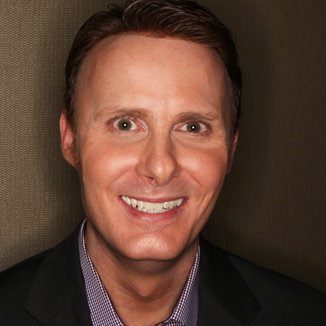
Matt Coleman is National Director of Corporate & Foundation Development for the Hazelden Betty Ford Foundation. Created by the merger of Hazelden and the Betty Ford Center, today the Foundation is the world’s leading nonprofit organization dedicated to treating substance use disorders and co-occurring mental health conditions helping people to achieve new lives in recovery. The result is care that combines evidence-based treatment and recovery methods with world-class research and education—all working together to reduce addiction rates, improve recovery and save more lives .After experiencing the devastation of substance use disorder following the opioid-related death of his youngest brother in 2018, Coleman joined the Foundation in 2021 after careers in politics, advertising, venture capital, and building a corporate partnerships organization for the American Cancer Society (ACS) He is on a mission to recruit organizations to advocate and demonstrate on behalf of those suffering from substance use disorder and co-occurring mental health conditions, their families, and communities. Companies and their employees can play a leading role in helping to break down the societal stigma, shame, and barriers to care that prevent too many from accessing the lifesaving treatment they deserve.
